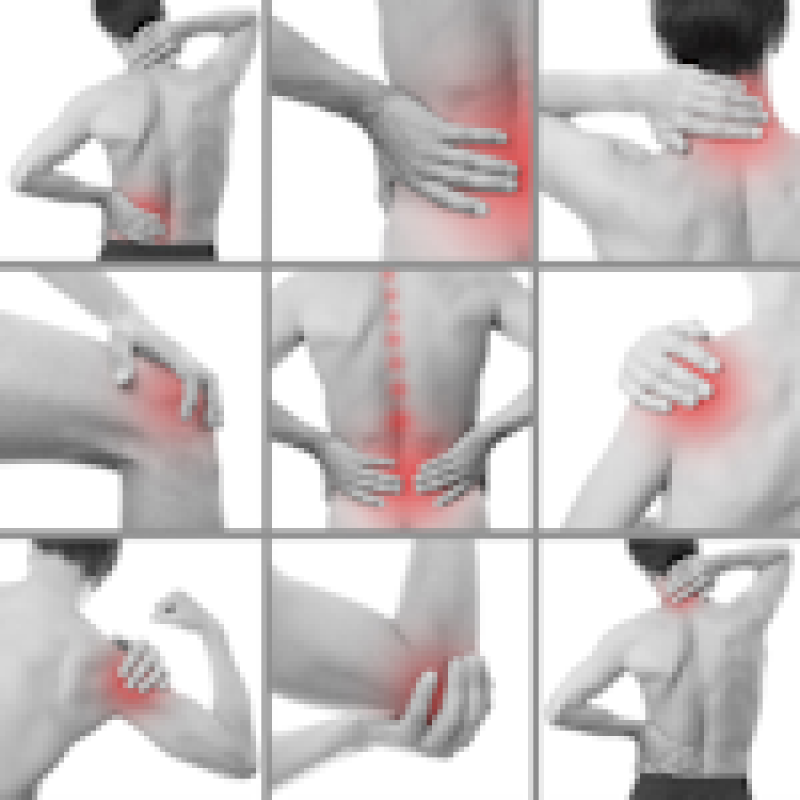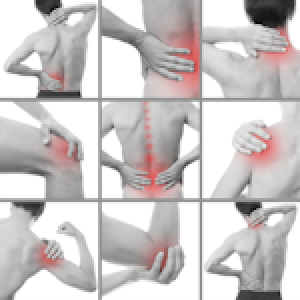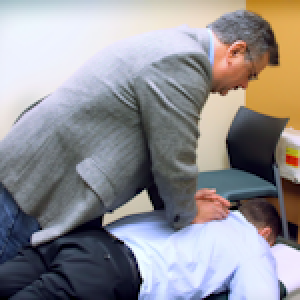
Some individuals suffer from unceasing pain. Unlike those who occasionally experience occasional aches and pains, these people experience unrelentingly pain, which is a very difficult condition to live with.
One of most common chronic pain afflictions involves the back. When pain is chronic this means it lasts a quarter of a year or longer.
Your Aching Back
The back gets a work out daily and over time, muscles become aggravated, which causes pain. People frequently (albeit unintentionally) injure their backs, resulting in protruding, ruptured or herniated disk that cause great agony. When the soft material inside a disk bulges out of place, ruptures or presses on a nerve, it may or may not hurt. Sometimes a person does not know he has this condition until he has an x-ray. For others, it does cause pain and the individual is quite aware of it.
Sciatica
Some suffer from sciatica. When this occurs, a ruptured disk presses against the sciatic nerve, generating pain in the butt, down the leg and in the back. When a nerve is pinched this leads to loss of motor control and numbness. When a nerve is compressed it does not receive signals correctly.
Degeneration of the Spine
The older you get, the more likely you may suffer from spine degeneration. This takes place because of the stress put on the back over the years. The spinal canal narrows, causing pain and stiffness. When muscles or ligaments in the back or anywhere in the body are strained by heaving lifting or an abrupt and awkward movement, this leads to painful muscle spasms.
Skeletal Abnormalities
Those suffering from skeletal anomalies such as scoliosis where the spine bends to the side may have ongoing back pain. People plagued with osteoarthritis often feel pain because the space around the spinal cord becomes narrower due to the presence of arthritis. This condition is spinal stenosis.
There are various reasons why a person may experience persistent back pain. Pain varies depending on whether it is emanating from an injured or diseased nerve, bone, joint, muscle or skin. When pain is not treated it can actually turn into a disease because the brain starts sending out pain messages even when there is no injury or illness. The auto-immune condition fibromyalgia is believed to be caused by erroneous signaling in the brain’s pain province.
Physicians now consider chronic pain an illness because of its profound effect on an individual’s life, and not in a good way. It can lead to a disability and definitely lowers a person’s quality of life.
Depression
Chronic pain can prompt depression because the individual becomes frustrated and loses hope because there is no foreseeable relief to what he is experiencing. When someone gets depressed, he may self-medicate, including drinking alcohol or taking drugs. This is never a good approach because it can lead to addiction and doesn’t address the underlying cause and may even make it worse.
Diagnosis
If you are suffering from ongoing pain, you need to be assessed by a physician. Techniques used to make a diagnosis include an X-ray, MRI (magnetic resonance imaging) or CT scan (computerized tomography.) Issues with muscles, bones, nerves, disks, tendons, blood vessels and ligament can be seen. A bone scan may be done if the physician thinks there may be a compression fracture caused by osteoarthritis or bone tumors.
An EMG or electromyography can be done to test nerves. The EMP measures the electrical impulses produced by nerves and the respective responses of your muscle.
Options
Some chronic pain sufferers find pain relief from acupuncture, doing yoga, getting massages or undergoing chiropractic care.
Your physician may order pain relievers such as non-steroidal anti-inflammatory medications or a muscle relaxant. Sometimes a low dose of an antidepressant is recommended because it relieves pain.
Cortisone injections are another option. They lessen inflammation, which reduces pain but this is not a permanent remedy. Undergoing physical therapy may help. Narcotics can be prescribed but only for a short period of time. They are highly addictive.
Discuss these options with your physician.
Jesse Ryans is a professional blogger that provides news and information on treatments for neck and back pain in Fort Lauderdale FL. He writes for Jonathan Aarons M.D., the best chronic pain doctor in Fort Lauderdale FL.



